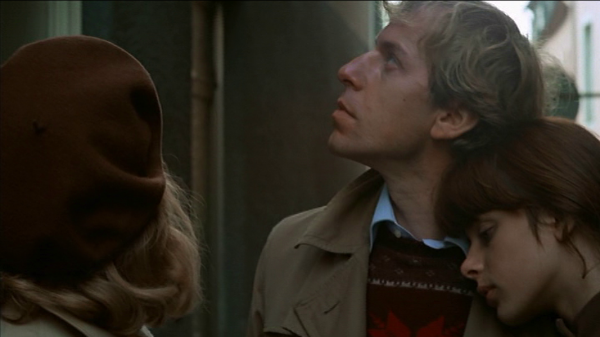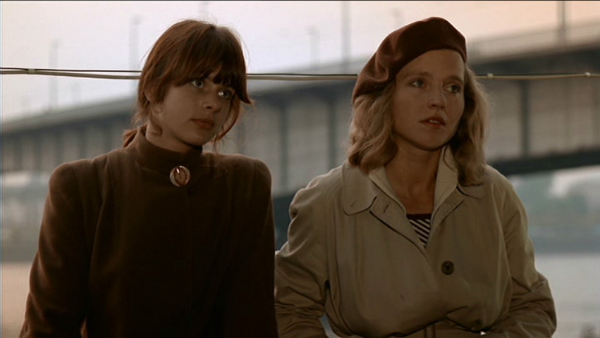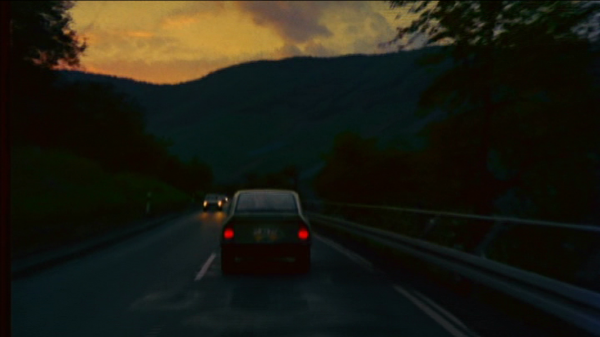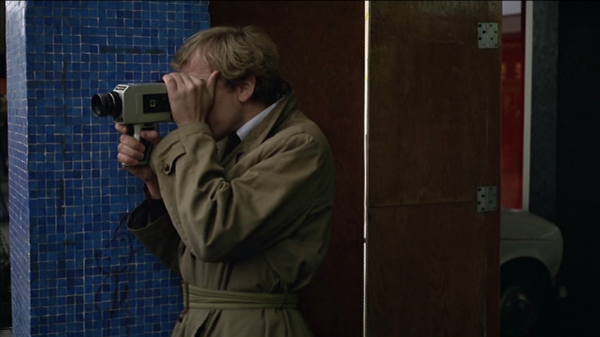City of Life and Death (2009) - Lu
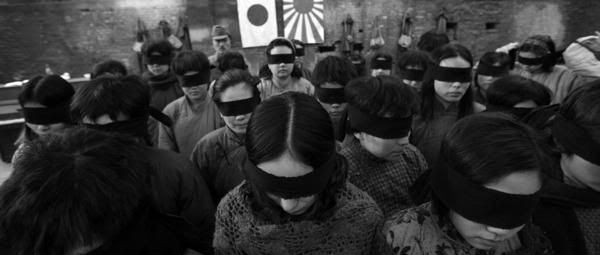
Tackling a heavy subject matter, such as the rape of Nanking on film, is not an easy task. In City of Life and Death, director Lu Chuan (Mountain Patrol: Kekexili) does a skillful balancing act in this narrative treatment of the infamous event in history. It's not a nationalistic, didactic film by any means, but rather an uncompromising account of life and death in wartime. Shot in stark black and white and with many hand-held scenes, the film recreates what it must've been like in Nanking, the former capital of China under siege by Japanese aggressors, in 1937-38.
The film starts with a young, learned Japanese Lt. Kadokawa (Hideo Nakaizumi) exhausted and dazed from the constant march, far away from home, looking at the walled city in the distance. Then the shelling begins and brutal fire fight ensues between the invading Japanese soldiers and the ragtag of pre-communist Chinese Kuomintang fighters in the streets of rubble and dead bodies. The scenes are just as intense as the ones in Saving Private Ryan. Outnumbered and outgunned, Nanking is overtaken by the Japanese in 3 days in somewhat messy fashion. After massacring all the Chinese men who they deemed as soldiers by shooting, bayoneting, burying alive and decapitating, the Japanese army then proceeds to rape and pillage the city. John Rabe, a German businessman and a member of the Nazi party and his Chinese subordinates create an international zone where they house many Chinese civilians. And they become subjects to an unbelievable pressure by the occupying Japanese. They fend off the Japanese army in the beginning, but succumb to the victors' inhumane cruelty.
In Coppola's Apocalypse Now!, Capt. Willard is told to proceed his mission with 'extreme prejudice'. It is hard to watch the cruelties inflicted by the Japanese soldiers on the Chinese population, treating them as if they are sub-human: throwing a child out of the window to her death in front of her parents, making locals to choose one hundred women to be 'comfort women' in order to save the whole population, making women to choose only one family members to save, and the list goes on and on. When it's all said and done, the historically documented estimate puts the civilian death numbers at 330,000.
A big success in mainland China, but the film and its director Lu Chuan weren't immune to the public scrutiny by somewhat humanizing Japanese, by way of Kadokawa, who is the quiet witness of the whole atrocity. Well researched with many historical and personal accounts (including former Japanese soldiers), what Lu is trying to show us is that we all are capable of such acts in the face of war. Unflinching and devoid of melodrama in its representation, with great all around performances (Fan Wei and Qin Lan as Mr. & Mrs.Tang, Nakaizumi, along with many others) City of Life and Death is an important film that needs to be seen and discussed.
City of Life and Death is distributed by KINO INTERNATIONAL in the US and has its US premiere at Film Forum starting May 11th through 24th.
